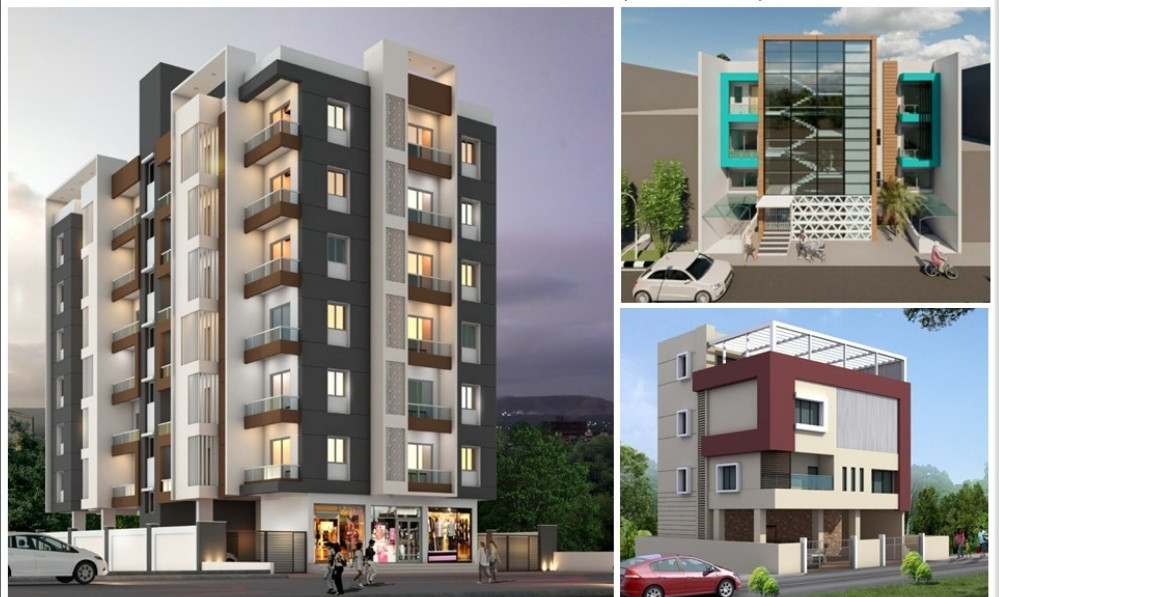Residential Design
While architectural aesthetics are important, residential design must also prioritize functionality and practicality to meet the needs of occupants. Designing efficient layouts, optimizing space utilization, and incorporating storage solutions enhance the livability and usability of homes.
Residential Design
Crafting Home the Art and Science of Residential Design
Introduction:
Residential design is a harmonious blend of artistry and functionality, where the architectural form meets the practical needs and aesthetic preferences of homeowners. From cozy cottages to modern mansions, each residential project presents a unique canvas for designers to express creativity and innovation.
Architectural Aesthetics:
At the heart of residential design lies architectural aesthetics, shaping the visual identity and character of homes. Designers draw inspiration from diverse architectural styles, from traditional to contemporary, to create spaces that resonate with the tastes and preferences of homeowners. Thoughtful consideration of proportions, materials, textures, and detailing imbues homes with a sense of elegance, sophistication, and charm, creating visually striking and memorable living environments.
Functionality and Practicality:
While architectural aesthetics are important, residential design must also prioritize functionality and practicality to meet the needs of occupants. Designing efficient layouts, optimizing space utilization, and incorporating storage solutions enhance the livability and usability of homes. By integrating smart home technologies, energy-efficient systems, and sustainable materials, designers create residences that are not only aesthetically pleasing but also environmentally conscious and cost-effective to maintain.
Sustainability and Environmental Responsibility:
In an era of increasing environmental awareness, sustainability is a key consideration in residential design. Designers embrace sustainable design principles and practices to minimize environmental impact and promote resource conservation. From passive solar design and energy-efficient appliances to rainwater harvesting systems and green roofs, residential designers leverage innovative solutions to create homes that tread lightly on the planet while maximizing comfort and efficiency for occupants.
Personalization and Customization:
Personalization is a hallmark of exceptional residential design, allowing homeowners to imprint their unique identity and lifestyle preferences onto their living spaces. Designers collaborate closely with clients to understand their needs, aspirations, and design preferences, tailoring solutions that reflect their individuality and enhance their quality of life. From custom furniture and bespoke finishes to personalized architectural features and outdoor amenities, residential design celebrates the art of self-expression and creativity.
Residential design is a dynamic and multifaceted discipline that balances architectural aesthetics with functionality, sustainability, and personalization. By embracing the principles of beauty, functionality, and environmental responsibility, designers create homes that are not only visually captivating but also practical, sustainable, and reflective of the unique lifestyles and personalities of their occupants. As the demand for well-designed and thoughtfully crafted homes continues to grow, the role of residential designers in shaping the places we call home remains as vital and inspiring as ever.

